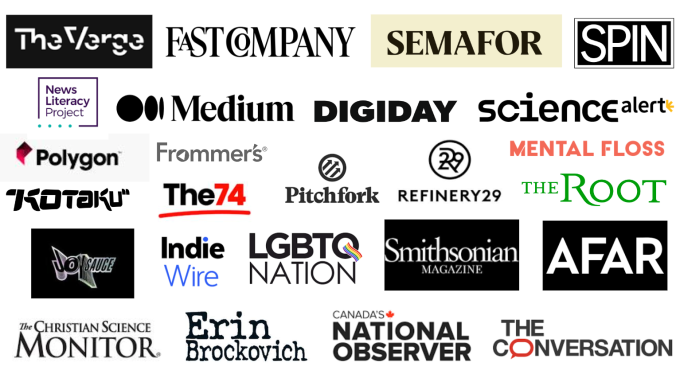Flipboard, the social magazine app, is now part of the decentralized social web, having integrated with the ActivityPub networking protocol
In a move echoing Instagram Threads, Flipboard, the social magazine app, is now part of the decentralized social web, having integrated with the ActivityPub networking protocol. This strategic shift aligns Flipboard with the likes of Mastodon and other decentralized apps, aiming to enhance user discoverability across the fediverse.
Earlier this year, Flipboard demonstrated its commitment to the federated social media model by integrating with Mastodon through an API and establishing its Mastodon server, flipboard.social. This served as a precursor to the full integration with ActivityPub, enabling Flipboard to assess user responses in the decentralized social media landscape.
Traditionally, Flipboard curated content into social “magazines” using sources like Twitter. However, facing challenges with Twitter’s increased API fees, Flipboard transitioned its integration to Mastodon and Bluesky, setting the stage for its foray into decentralized social media.
Flipboard CEO Mike McCue shared insights into the company’s transition, emphasizing the initial integration with select accounts, including publishers like Semafor, Pitchfork, Medium, and others. The gradual rollout aims to eventually make all Flipboard profiles available in the fediverse.
The integration allows Flipboard users to curate articles into their social magazines, known as “flips,” which simultaneously appear as posts on their Mastodon accounts. Each Mastodon post includes links to the curated article and the user’s Flipboard magazine, connecting the two platforms seamlessly.
Notably, Flipboard users can opt out of sharing their flips on Mastodon, although the default experience is opt-in. The company anticipates completing the integration for all user accounts by the end of January.
Flipboard’s move to federated social media aligns with industry trends, with other companies like Automattic, Medium, Mozilla, and Instagram Threads also exploring decentralization. McCue expressed confidence in federated social media being the future of the web, emphasizing the intricate connections between people and content.
Looking ahead, Flipboard may reconsider its front-end design to accommodate the federated structure better. McCue highlighted the need to adapt curation tools and capabilities for this evolving era of social media.
Despite these transformative changes, Flipboard remains financially sound, relying on its business profits to support these innovations. McCue envisions Flipboard playing a crucial role in the evolving web landscape, focusing on user-friendly discovery and search experiences in the federated social media realm.









